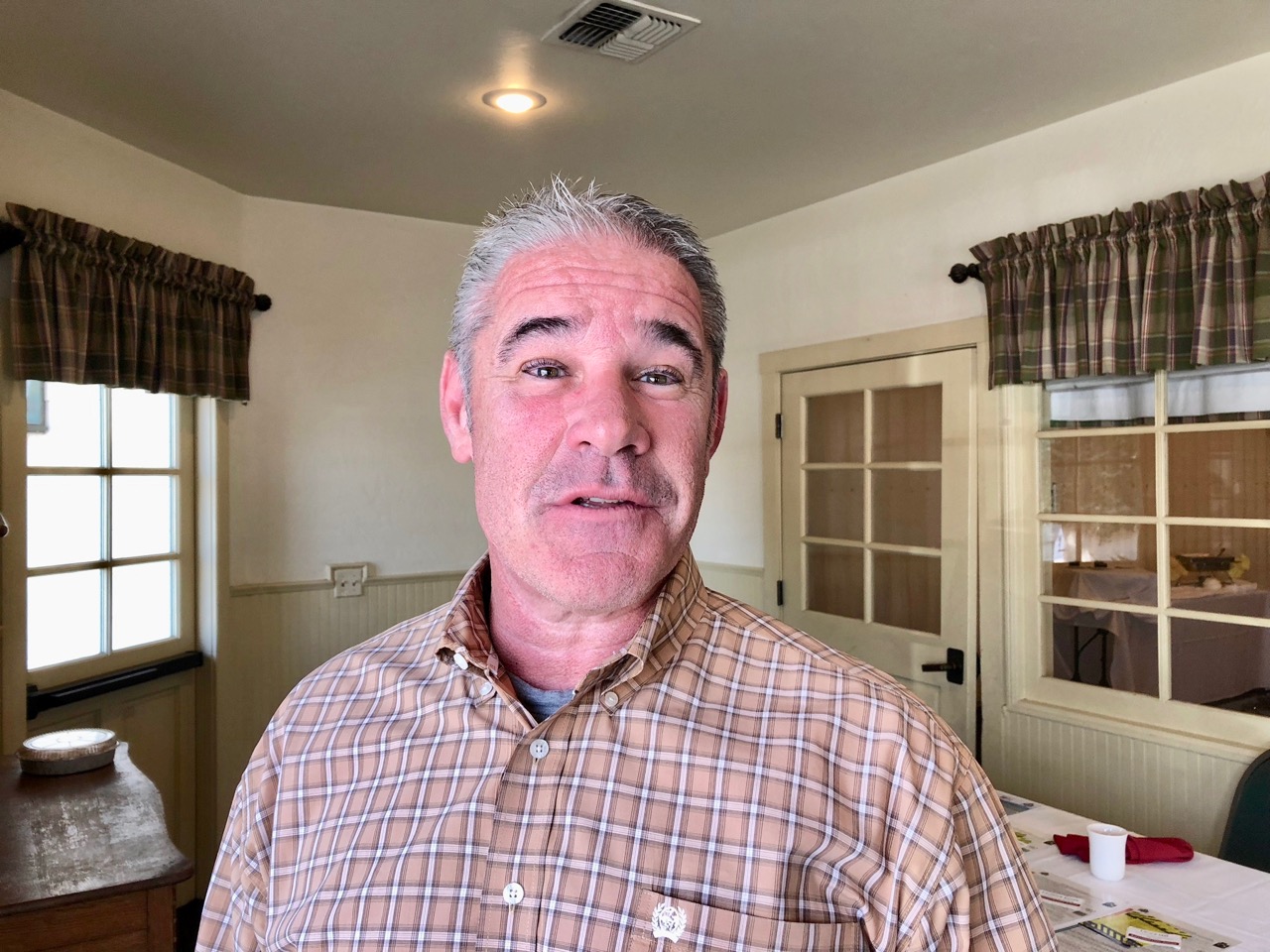Is the UFW a Union?
Attorney Michael Saqui Says UFW is Social Reform Movement
By Jessica Theisman, Associate Editor
Michael Saqui, is a principal with the Saqui Law Group, based in Roseville and Salinas, and he recently shared some opinions about the UFW with California Ag Today.
“They’re not a union, in my opinion. I have been fighting the UFW my whole career,” he said.
Saqui Law Group handles wage an hour, labor relations, employment litigation, and other disciplines for the agricultural industry. He said UFW is far from being a union.
“They are not an organized union; they’re a social reform movement, plain and simple,” Saqui said.
“They’re a political action committee that raises money from the limousine liberals,” he said.
Saqui said that the millions that are contributed to the organization do not get back to the workers.
“They run very much like a criminal organization. The way they funnel and shield money and not much gets back to the farm worker.”
The UFW thinks they have been successful at what is called the Equitable Food Initiative (EFI), where they have gotten retail companies to sign onto a code of conduct.
“These metrics that they have put together for compliance in all areas, including wage an hour, treatment, and respect are already codified in California state law to make large companies and other folks feel good,” he said.
Saqui has had no input on the EFI which they point to as a success.
“They can’t organize workers and when they do organize workers, history has shown that they have been absolutely inept at getting contracts,” Saqui said.














